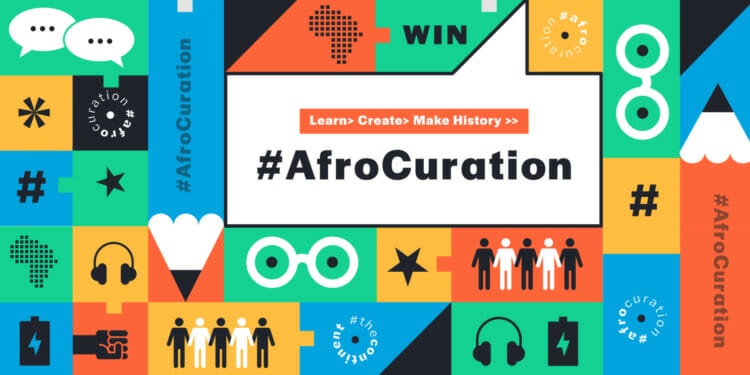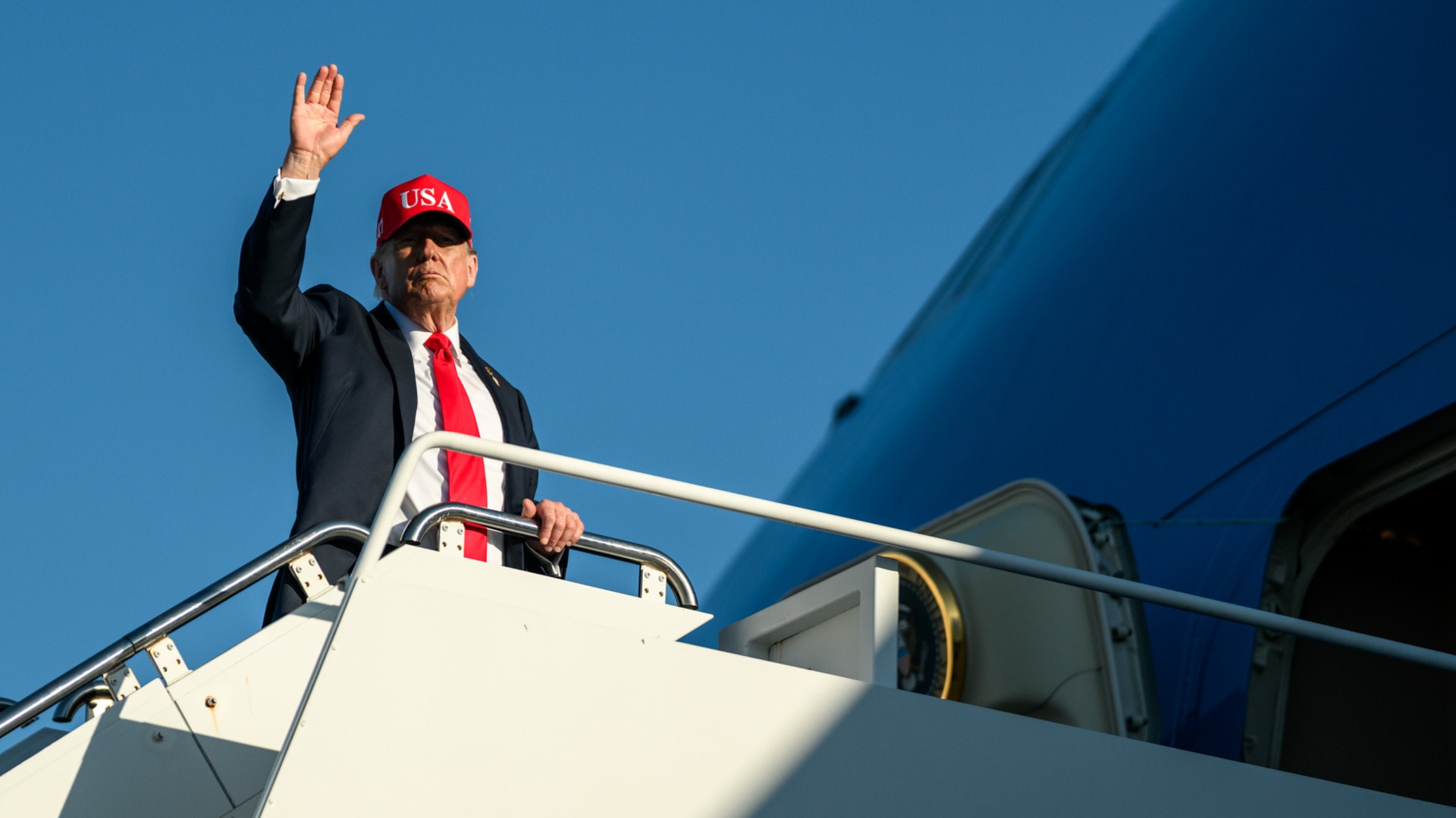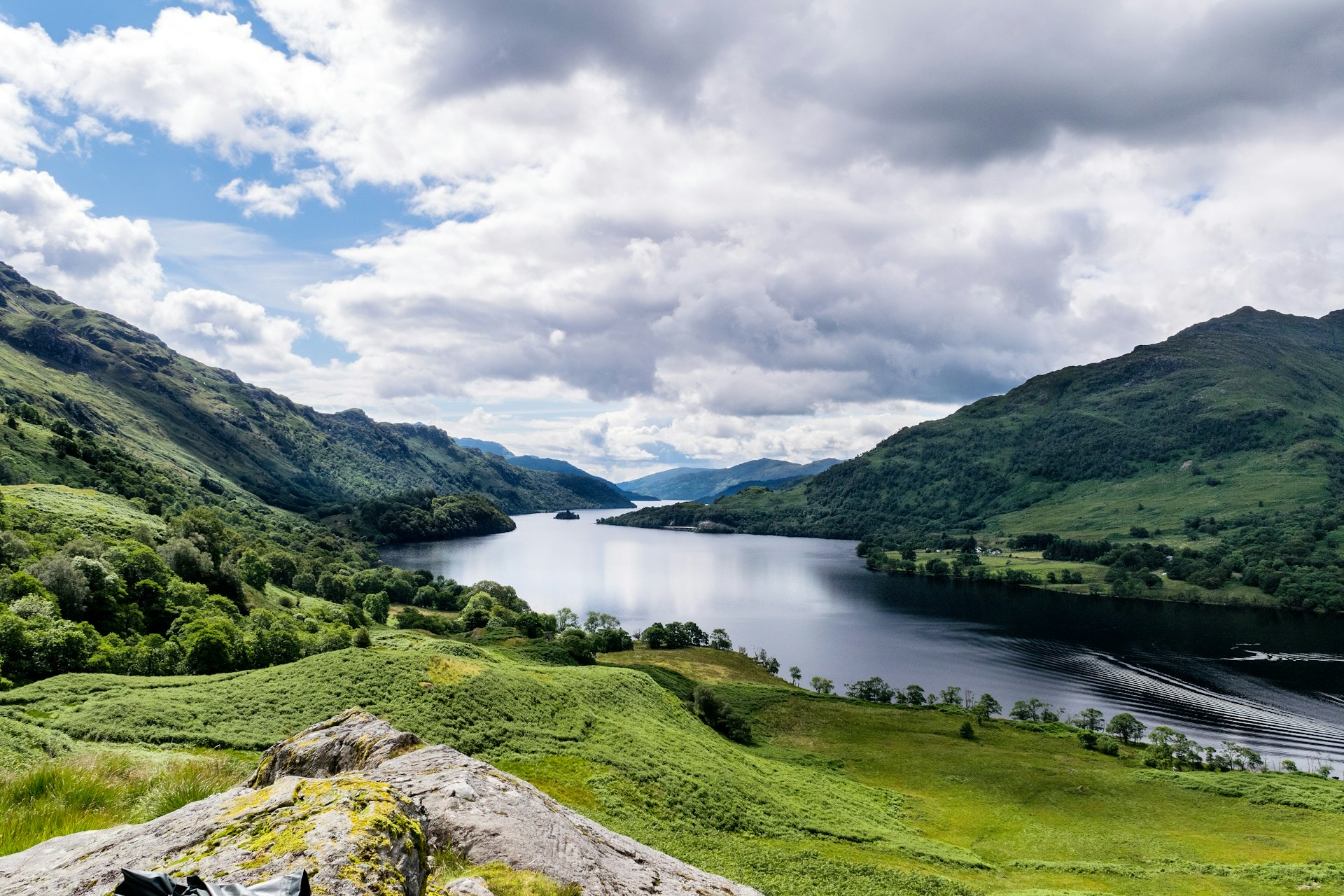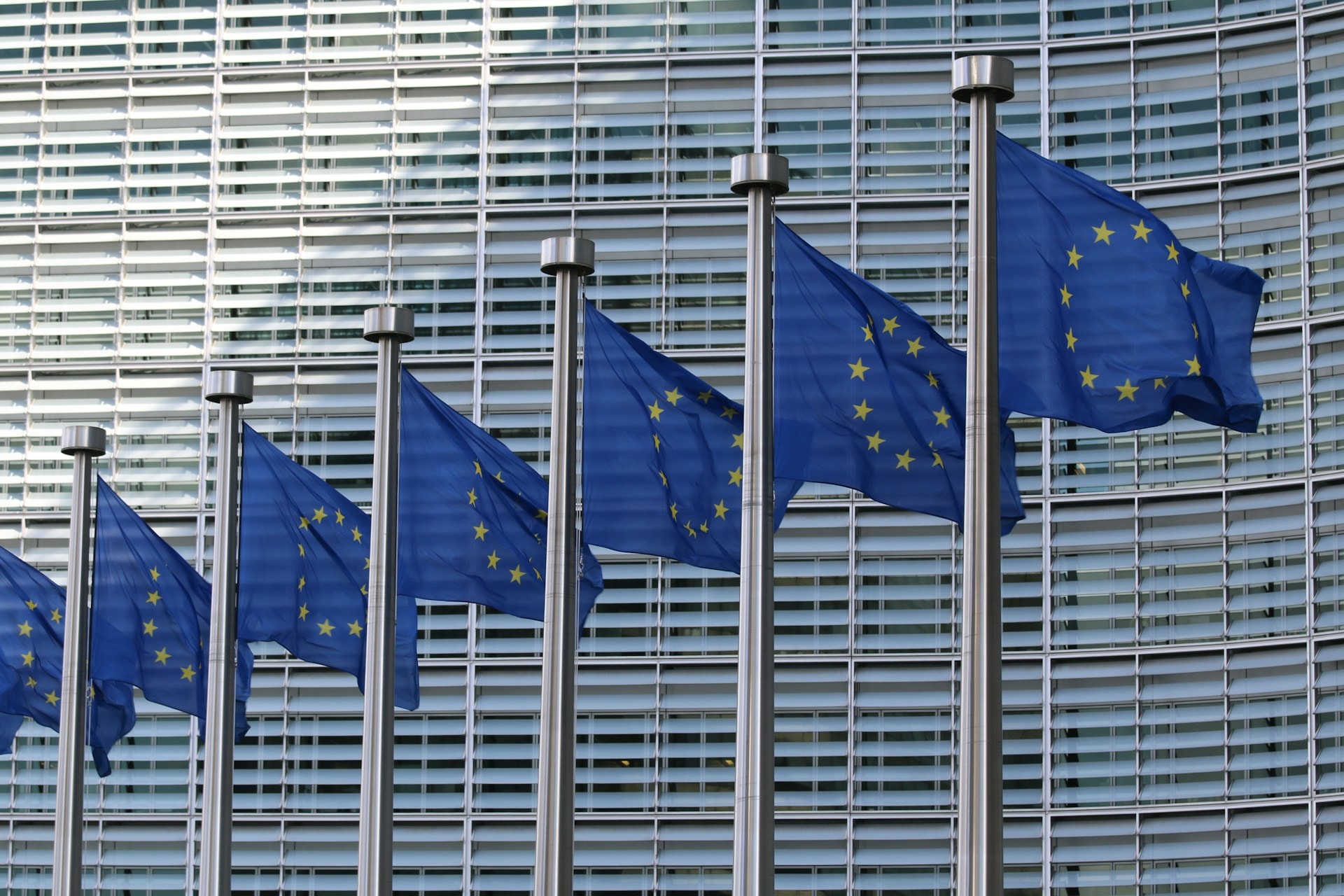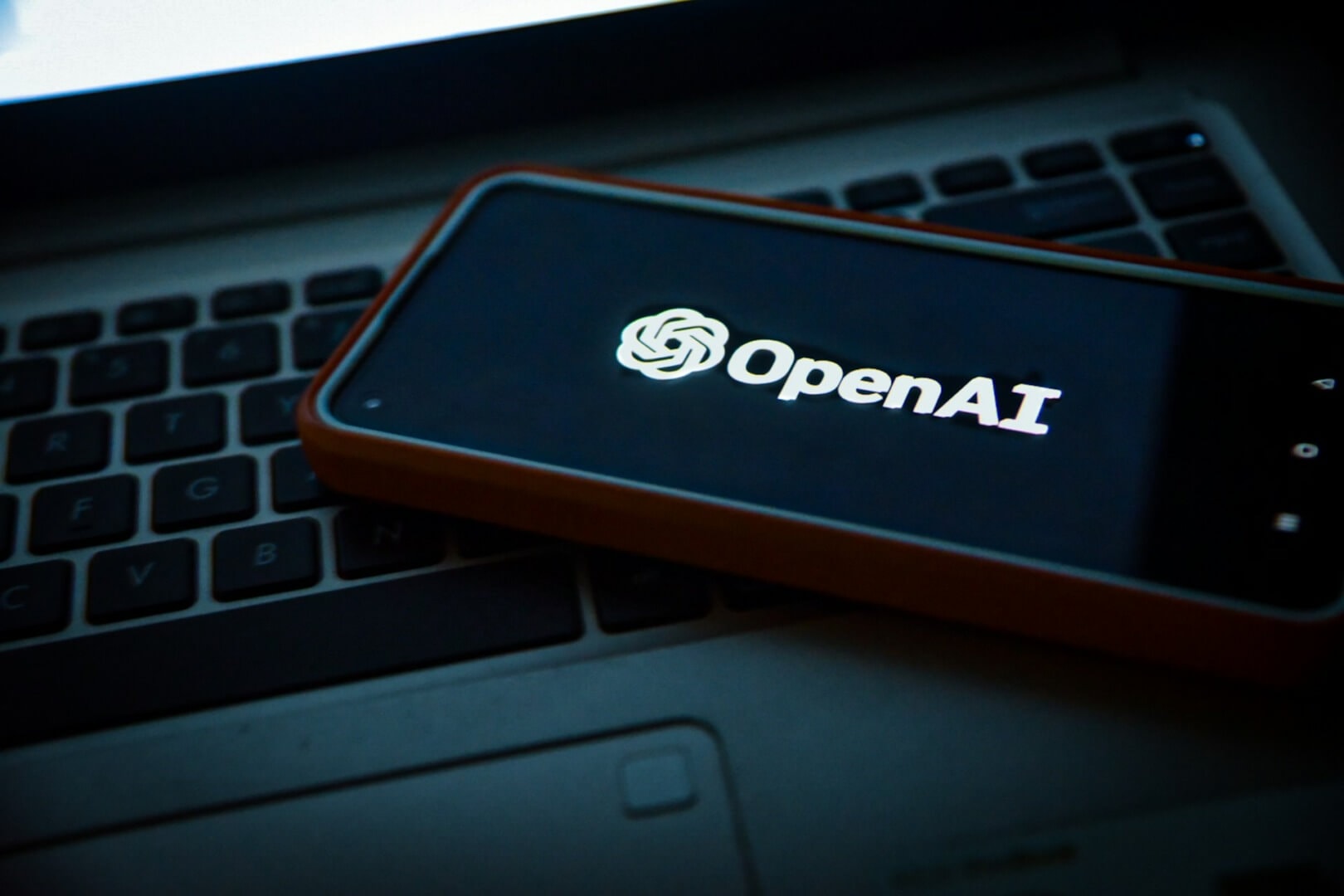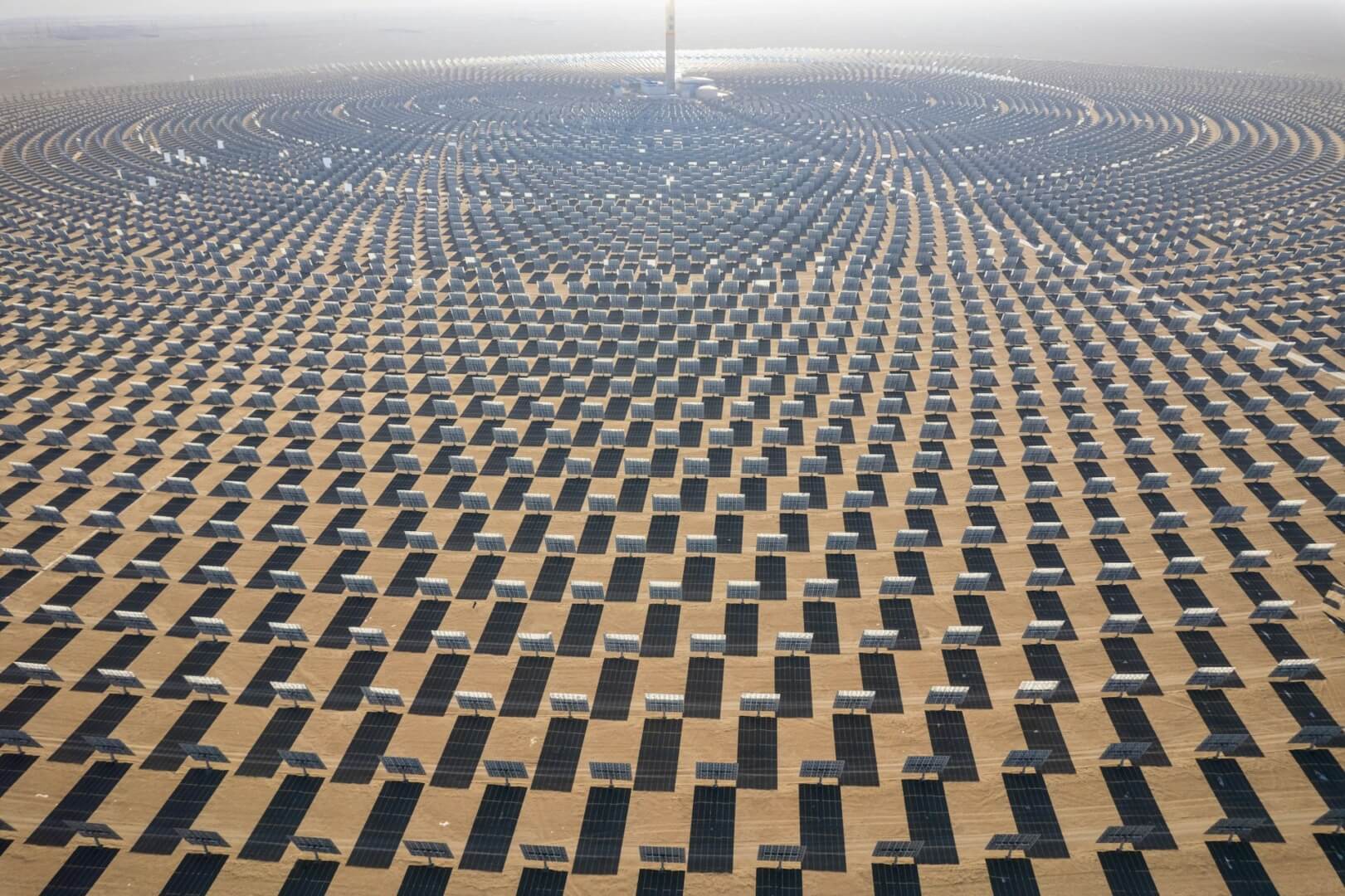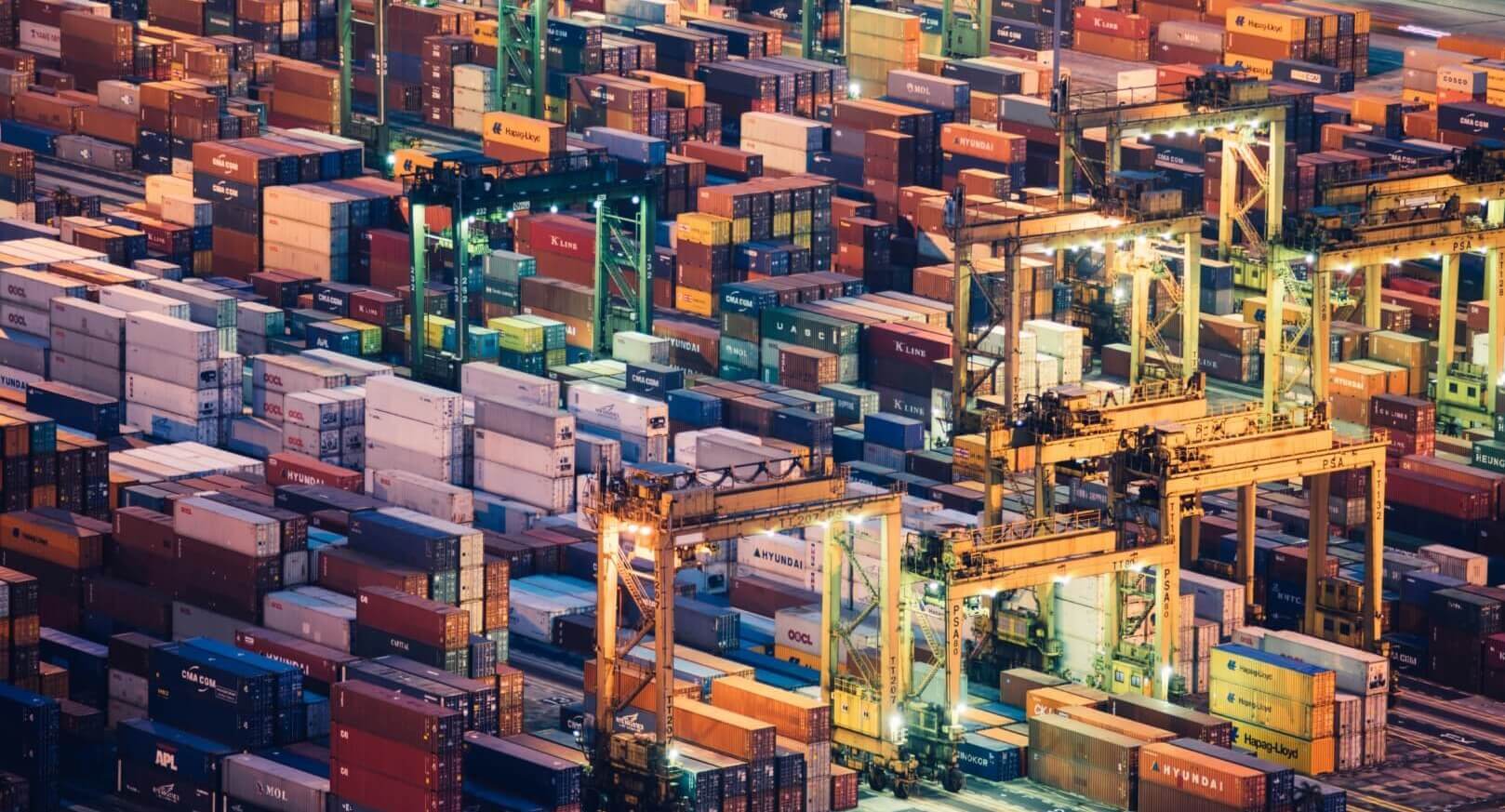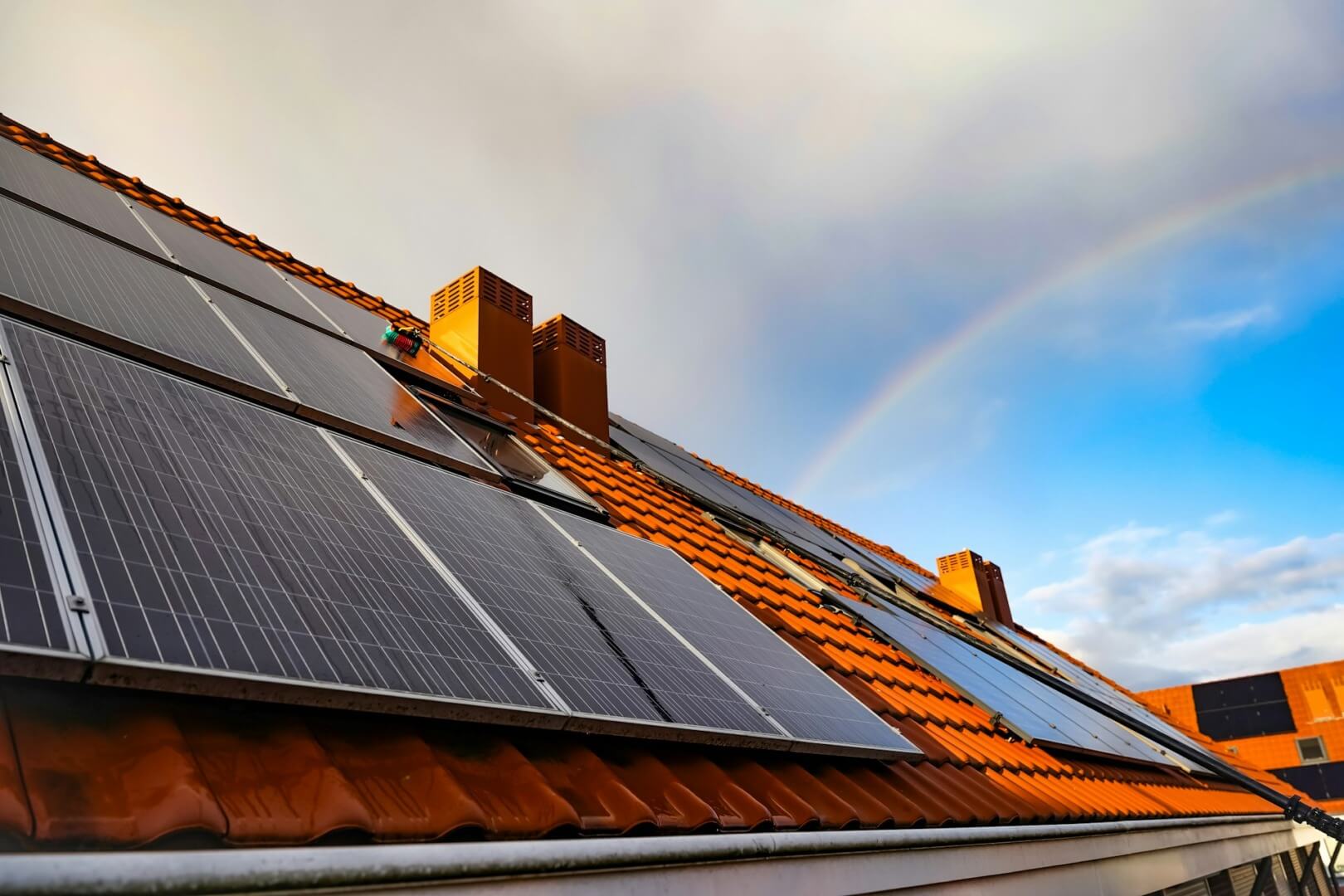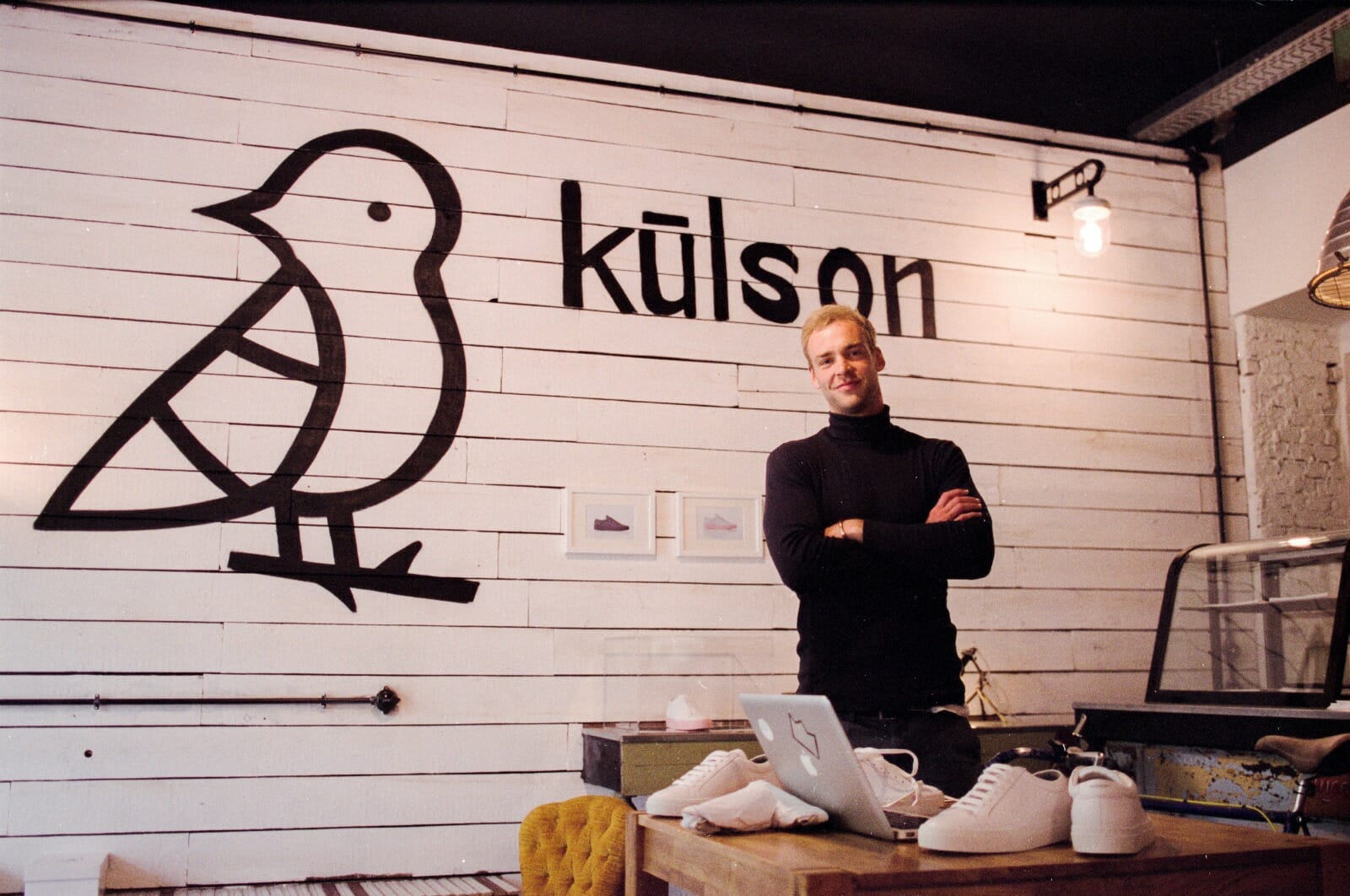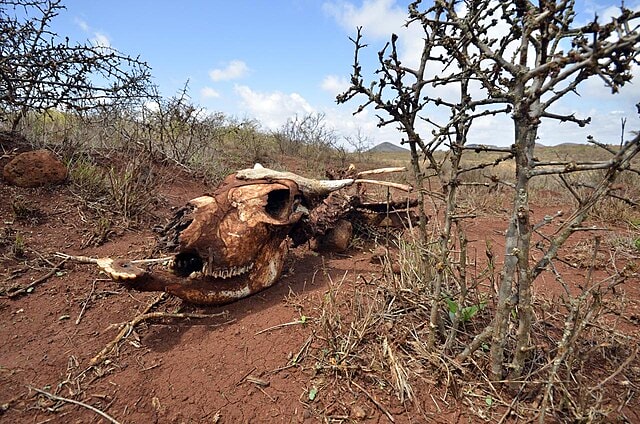Did you know that there are currently more Wikipedia articles about France than there are written about the entirety of Africa? What’s more, there are no more than 100,000 articles written in any single African language. Luckily, the Moleskine Foundation is working to change this. The non-profit organisation launched an initiative called WikiAfrica Education which aims to expand and enhance digital content about Africa.
The #AfroCuration event series, organized by the @Moleskine Foundation, leads participants to create and edit @Wikipedia articles in African languages.
🎧 Jump to the 20:55 mark and learn more about this work, via @bbcworldservice and @digitalplanet.https://t.co/SXo45QUeei
— Wikimedia Foundation (@Wikimedia) December 13, 2021
As the world’s 13th-most-visited website, Wikipedia is an incredibly powerful disseminator of knowledge. However, Wikipedia, especially non-English wikipedia, has always had to fight hard against misinformation and still contains considerable gaps in many areas of its coverage, including information about Africa.
WikiAfrica Education is bringing young people together to participate in “AfroCuration” Wikipedia edit-a-thons. This is a series of events, training young people from South Africa, Mozambique, Zimbabwe, and Morocco to write and edit articles. During these events, participants work with activists, artists, journalists and leaders to learn the tools they need to be able to tell and take ownership of stories of their lives, culture and history.
Stories from Africa written by Africans
CEO of the Moleskine Foundation, Adama Sanneh knows first hand how misconceptions and misinformation about Africa shape the way the world sees the continent – and how Africans see themselves. Sanneh has an Italian mother and a Senegalese/Gambian father. He has lived and worked in both Europe and Africa. Recognising that much of what is written about Africa has, up until now come from the West, Sanneh’s mission is to train young Africans to tell their own stories.
The fact that much of the information available about Africa is written by the West is problematic on a number of fronts. First, the West does not know enough to accurately and authentically tell the stories of Africa. Second, Africa’s complicated colonial past (and its legacy in society today) is intrinsically connected to ideas of Western imperialism. Wikipedia articles, written in English, by people from the West, are simply not going to be able to powerfully voice the cultural identities of African people living in African countries, fluent in African languages. One of the dangers of Western-produced digital content is that Africans themselves will access information written by the West and start to believe what they read. This is where the theme behind the “Afrocuration” movement, “who we are”, comes in: the cycle of Western-produced information needs to be broken.
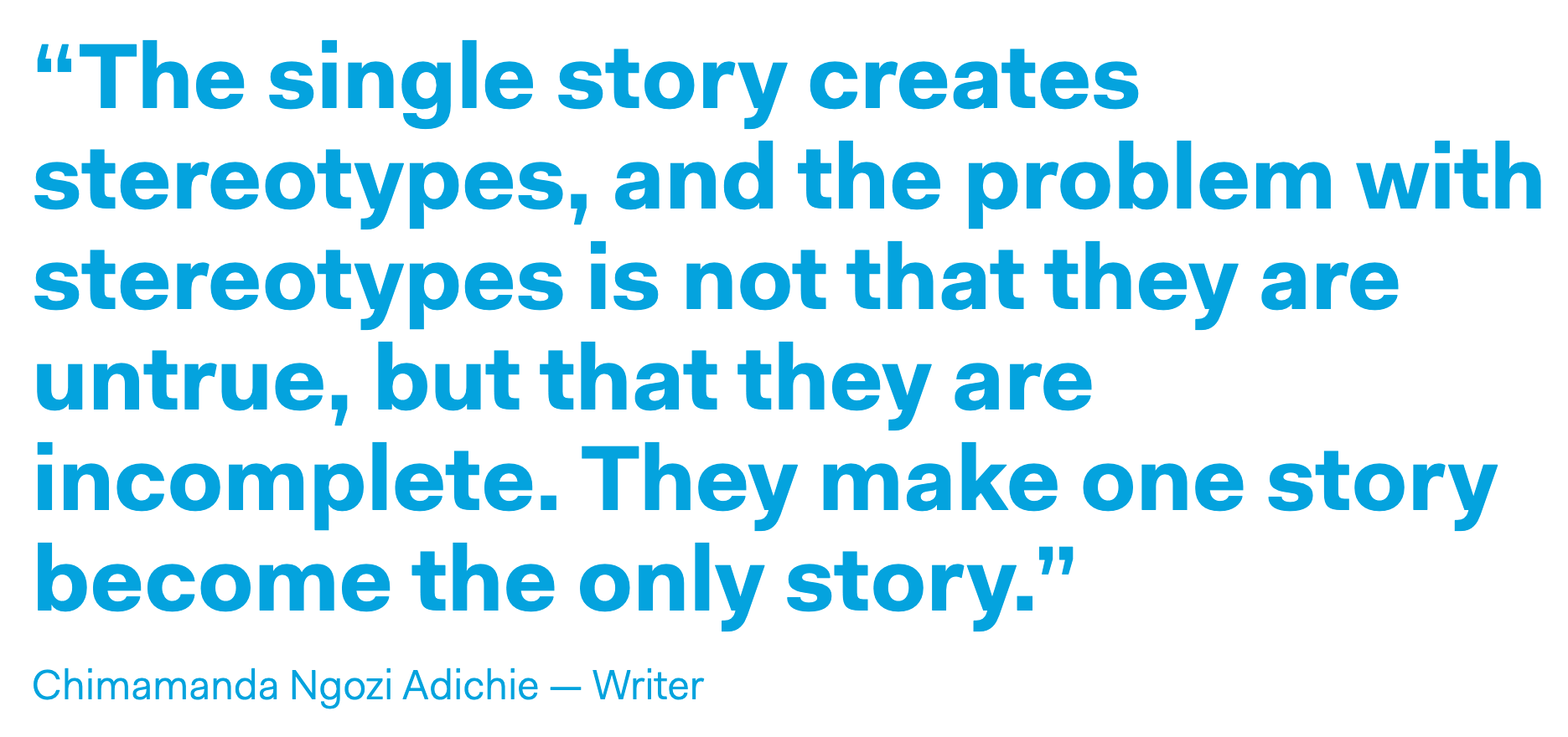
Quote from the writer Chimamanda Ngozi Adichie. Source: Moleskine Foundation
Africa’s diverse and complicated history and culture should be written about by African people. CEO of Constitution Hill trust, Vanessa September, who has partnered with Moleskine Foundation for an edit-a-thon in South Africa, says the “AfroCuration” event series aims “to work with young people in a creative way to amplify the unknown stories and people of our Constitution on a global platform like Wikipedia.” By empowering young Africans to improve the authentic portrayal of their underrepresented voices on a platform such as Wikipedia, more people will process this information in a way that empowers the storytellers, which will in turn continue to empower young African people to take ownership of their own narratives and continue sharing their stories.
“Transforming young Africans from passive knowledge consumers to active knowledge producers, we are addressing two of Wikipedia’s most significant gaps – the lack of contributors from Africa and the lack of content about Africa” as put by Adama Sanneh, CEO of Moleskine Foundation.
Related Articles: Is Wikipedia Furthering Climate Denial and Other Conspiracy Theories | The Challenge of Universal Education: The Bridge Model and How it Works
The events themselves
An edit-a-thon held in early September, saw over 60 participants contribute the first-ever Wikipedia articles in Emakhuwa, a language spoken by an estimated 6-12 million people in northern Mozambique. According to the Mozambican daily newspaper Jornal Notícas, the event was “the biggest movement of content production in local languages in Mozambique.” And, the momentum continued after the event with the number of articles in Emakhuwa now sitting at 192, amassing over 14.5k views.
In November, an edit-a-thon event took place in partnership with Constitution Hill Trust in Capetown, South Africa. 55 volunteers worked on articles on the seldom-heard stories of women who contributed to the liberation of South Africa such as the United Women’s Organization (translated to Sesotho), Alice Kinloch (in isiXhosa), and Charlotte Maxeke (in Tshivenda). Vanessa September explains that “many of the challenges that South Africa faces today are due to our lack of knowledge and understanding the events of our past.”
She continues to say that “until this history is widely accessible, we will remain stuck.” In telling the marginalised stories of women who contributed to the liberation of South Africa and the making of its constitution, across time, race, class, genders, and sexual orientations, the country can come to understand its history and move forwards.
So far, the WikiAfricaEducation initiative has generated over 40,000 Wikipedia contributions in over 18 African languages, and with “who we are” events continuing until April 2022, it is hoped this important movement will grow. Moleskine Foundation’s work to train young people from all over Africa to tell stories of their own heritage will ensure the momentum of the WikiAfrica movement into the future.
The next edit-a-thon will take place in Zimbabwe in late January 2022, in partnership with the National Gallery of Zimbabwe.
Thanks to the work of the Moleskine foundation and volunteers, Africa is well on its way to entering Wikipedia, and the halls of world knowledge.
Editor’s Note: The opinions expressed here by Impakter.com columnists are their own, not those of Impakter.com. — In the Featured Photo: The inaugural Afrocuration event, 2019. Featured Photo Credit: Breinstorm Brand Architects


